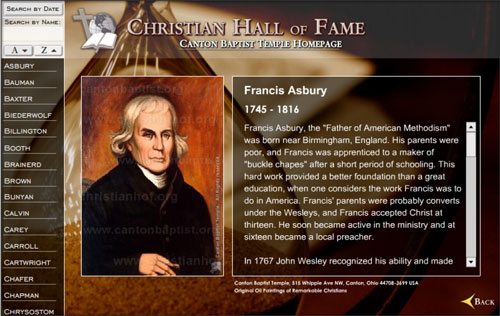Last night at the table tennis club, I got sick. Not swine flu sick, but vertigo sick.
It was my third match of the night. I had previously gotten squashed by the two best players in the club, guys I can’t touch. It wasn’t even good practice for them.
Then I played Rob, who I think hasn’t beaten me yet. But last night, he was certainly headed there. He won the first game. Then, in the second, he had me down 10-6. We play 11-point games.
I heroically battled back and tied the game at 10. And then my world began spinning. Vertigo, which hasn’t bothered me since last April, descended in force. I put my hands down on the table to steady myself as the horizon scrolled. I told Rob I was having a sudden vertigo attack.
“Do you want to sit down?” he suggested.
“If I move, I’m afraid I’ll fall down.” I said.
Instead, I just waited it out. Gradually, the horizon stabilized. But I was definitely done for the night. No sense even trying to finish that game. I just wanted to get home before I threw up.
It was one way to escape being beaten. Though I must say, I was on a roll there.
Rob, I learned last night, is lead pastor of a church called Level 13. Been there two years. I looked it up, and found their website. Very nice, done in WordPress. My real question was, where’d the name, Level 13, come from? That’s a very odd name for a church. Churches are supposed to be New Hope, or Fellowship, or Northpointe with an English “e” on the end.
On the Level 13 homepage, they answered my question.
“For many the 13th floor is a place no one has ever been. Buildings
usually skip the 13th floor because of superstition. For us level.13
represents those places most people are afraid to go. Jesus spent time
on level 13. He spent time with people the religious zealots of His day
would not come close to. Level.13 is a God-centered
movement of people intentionally going to the hard places in our lives
and in the lives of others.”
How cool is that!








